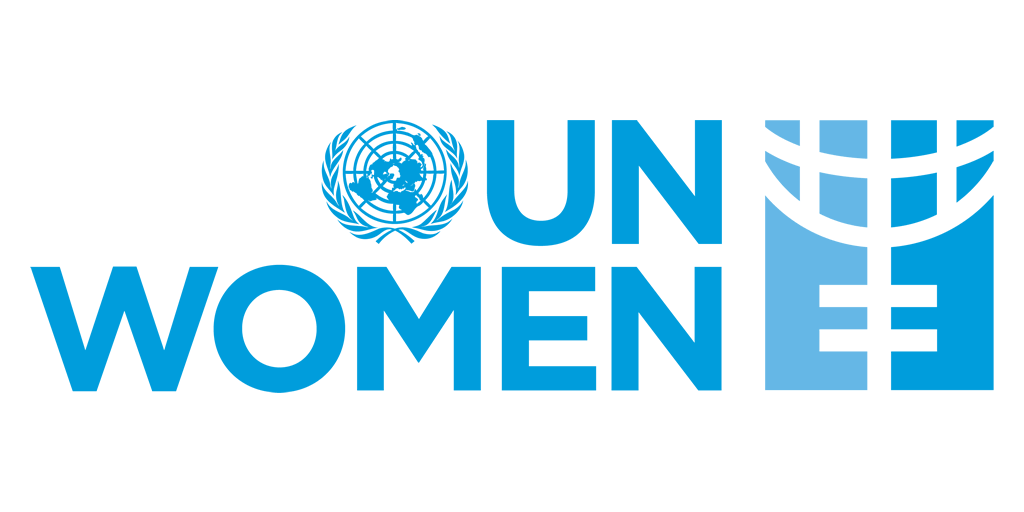In the 12 months since we last commemorated International Migrants Day, the International Organization for Migration (IOM) has recorded the deaths of 541 migrant women – and these are just the ones who have been identified. Many lost their lives as a result of violence or because they lacked adequate food or water. Others have drowned making dangerous sea crossings in the hope of a better life. Without a concerted effort by all stakeholders to stop this human tragedy, hundreds – or even thousands – more migrant women will die or go missing. Today, UN Women is urgently calling for migration policies, programmes and services to promote and protect migrant women’s and girls’ human rights at all stages of their journey.
UN Women statement for International Migrants Day, 18 December 2021
Although the 2018 Global Compact for Migration advocates for safe, orderly and regular migration, this is not yet what many women experience. The pervasiveness of discrimination around the world continues to restrict their movement, with limited or no access to safe, regular migration channels. With the COVID-19 pandemic further tightening movement restrictions and closing borders around the world, often the only options for migrant women are dangerous, irregular routes at the hands of people smugglers. These choices are fraught with risks like rape, kidnapping and sexual exploitation. Those who do make it to their destination can face anti-migrant backlash, racism and xenophobia. These negative responses are on the rise everywhere, exacerbated by the socio-economic crises brought on by the COVID-19 pandemic.
Today on International Migrants Day, we commemorate the many migrant women who have lost their lives. We also celebrate the stories and contributions of the millions of others around the world who continue to show strength and resilience in the face of adversity. Earlier this year, UN Women met Reba, a migrant to Mauritius, who was forced to return to her native Bangladesh after losing her job – the story of so many migrant women workers around the world during the COVID-19 pandemic. Reba migrated at a very young age and returned to her home country with no job, few options and an elderly father to support. Thanks to UN Women’s training for returnee migrant women, Reba gained the skills to get a job producing face masks and is now able to support her family while contributing to preventing COVID-19 in her community.
UN Women will continue to advocate for migrant women like Reba, and for all those whose names we do not know and whose unheard voices we will help to amplify. We will keep working with governments and UN partners to strengthen the related policies and programmes and advance gender equality. Migration is a cross-cutting issue in the 2030 Agenda, relevant to all of the Sustainable Development Goals. Addressing the root causes of why women leave their homes, such as poverty and conflict, and ensuring that their rights are protected and promoted, irrespective of migration status, will benefit us all. We will continue to work with a broad spectrum of grassroots and civil society partners to support provision of services and advancement of social and legal protections. Much more still needs to be done, as the pandemic’s impact on migrant women’s jobs and lives persists and as conflicts and climate crises increasingly make migration the only viable option for so many women. Let us commit to taking action together urgently.
